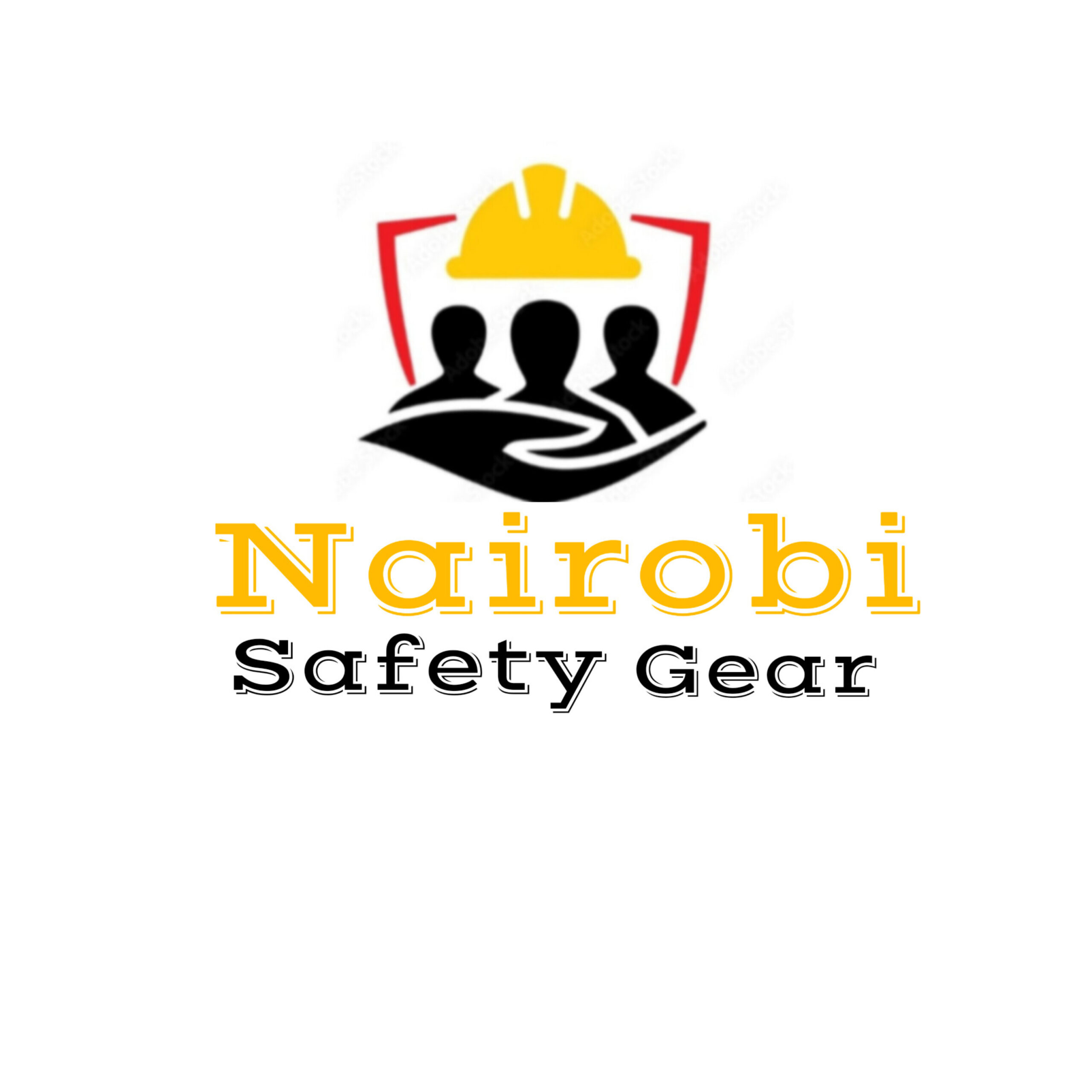Introduction:
Fire is a powerful force that can wreak havoc in a matter of seconds, leaving devastation and loss in its wake. In Kenya, where fire incidents are a recurring challenge, it is imperative to equip ourselves with effective tools to combat these potentially catastrophic events. One such indispensable tool is the fire extinguisher. In this article, we delve into the significance of fire extinguishers in Kenya and why they should be an essential component of every individual, household, and business’s safety preparedness.
Understanding the Role of Fire Extinguishers:
Fire extinguishers serve as the first line of defense against small fires, allowing for immediate intervention before they escalate into uncontrollable blazes. These portable devices are designed to dispense extinguishing agents that can swiftly suppress flames and prevent the spread of fire.
Fire Extinguishers in Kenyan Context:
Kenya, like any other country, faces its fair share of fire incidents. Whether it be residential fires, commercial building blazes, or vehicle fires, the consequences can be devastating. By having well-maintained and strategically placed fire extinguishers, Kenyans can significantly minimize property damage, injuries, and loss of life. Moreover, fire extinguishers play a vital role in meeting safety standards set by regulatory bodies and insurance companies, ensuring compliance and protection.
Types of Fire Extinguishers:
There are different classes of fire extinguishers, each designed to combat specific types of fires. In Kenya, it is crucial to understand the various classes and select the appropriate extinguisher accordingly:
1. Class A: These extinguishers are suitable for fires involving ordinary combustible materials like wood, paper, cloth, and plastics, which are commonly found in homes and offices.
2. Class B: Designed for fires involving flammable liquids such as petrol, oil, solvents, and cooking oils, these extinguishers are particularly relevant in kitchens, fuel stations, and industrial settings.
3. Class C: Fires resulting from electrical equipment, such as appliances, wiring, and fuse boxes, fall under this category. Class C extinguishers are essential for offices, factories, and homes.
4. Class D: Primarily used in specific industrial settings where fires involving combustible metals like magnesium, titanium, or lithium may occur.
5. Class K: Typically used in commercial kitchens and restaurants, these extinguishers are designed to handle fires involving cooking oils and fats.
Ensuring Effectiveness and Preparedness:
Merely possessing fire extinguishers is not enough; their effectiveness is reliant on proper maintenance and regular inspections. Kenyans should familiarize themselves with the location of fire extinguishers, understand their operation, and train personnel or family members in their usage. Additionally, professional fire safety training and drills are invaluable in ensuring that individuals can respond promptly and effectively during an emergency.
Conclusion:
Fire safety should never be taken lightly, and in Kenya, the need for preventive measures is particularly pressing. Fire extinguishers serve as indispensable tools that can save lives and protect property. By recognizing the significance of fire extinguishers, obtaining the appropriate types for specific environments, and ensuring proper maintenance and training, Kenyans can fortify their firefighting arsenal and enhance overall safety preparedness. Let us make fire extinguishers a ubiquitous presence in our homes, workplaces, and public spaces, forging a safer future for all.

